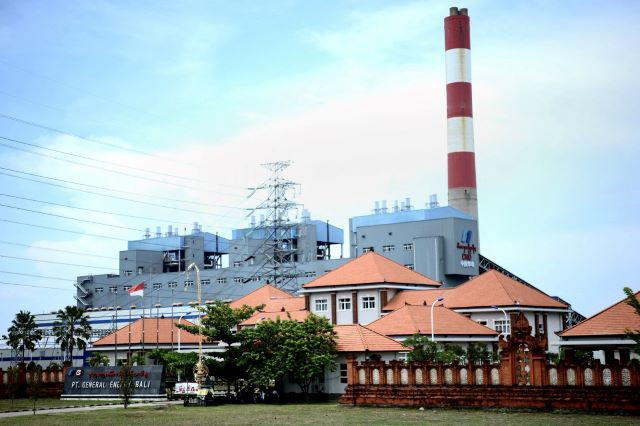Exports of SMEs in developing countries rise
The export environment has apparently improved for small and medium enterprises (SMEs) in developing countries as businesspeople become more optimistic, says a recent survey conducted by the International Trade Center (ITC)
Change Size

T
he export environment has apparently improved for small and medium enterprises (SMEs) in developing countries as businesspeople become more optimistic, says a recent survey conducted by the International Trade Center (ITC).
According to the survey, the business environment for exporters has improved over the last decade, with more than half of the survey's respondents saying it has become easier to export.
About 22 percent of the respondents found more difficulties in exporting than before, 11 percent said no change had occurred during the last 10 years and the remaining 9 percent said they could not say whether or not the environment was better now.
The survey, which was conducted in November, also found that 70 percent of the SMEs expected export volumes to increase in the next year and 18 percent said a volume increase would be hard to achieve.
Meanwhile, 8 percent of the respondents expected that the volume would stay at the same level as before and 5 percent were undecided.
It was the ITC's first survey of small and medium exporters.
The ITC, an agency jointly established by the World Trade Organization (WTO) and United Nations (UN), surveyed a total of 5,000 SMEs in sub-Saharan Africa, the Middle East, Asia-Pacific, Eastern Europe, Central Asia, Latin America and the Caribbean. Of the total respondents, about 1,000 came from Indonesia.
ITC executive director Arancha González hoped that the survey's results would drive the trade-facilitation process, which is currently being discussed at the ninth WTO Ministerial Meeting in Nusa Dua, Bali.
'Wherever I go, the SMEs I meet with always bring up the trade-facilitation issues. For example, they want customs procedures to be simplified to make business easier,' she said during a press conference on the sidelines of the meeting.
Despite higher optimism, several problems remained, which the SMEs thought would curb growth.
A majority of the respondents attributed lack of access to trade finance as the biggest problem, followed by business environment, customs tariffs, insufficient purchasing power, logistics, input sourcing and lack of production skills.
González said the trade-financing problem actually stemmed from availability and affordability issues.
'Some SMEs said that no financing was available from banks. On the other hand, other SMEs said that they could get financing, but the collateral or guarantees required were beyond their capacity,' she added.
In the survey, more than two thirds of the respondents from sub-Saharan Africa also said that levels of corruption had negatively impacted their businesses.
SMEs in the Middle East, Latin America, the Caribbean and Asia-Pacific shared the same sentiment, while those in Eastern Europe and Central Asia said that their trading abilities were unaffected by corruption.
González said the ITC hoped to see a shift in the world's trade composition in the next 10 years, supported by higher export activities.
'Twenty years ago, 70 percent of the world's trade was conducted in north-north trade, 20 percent in north-south trade and 10 percent in south-south trade. But 10 years from now, we will see that trade will be equally divided between the three,' she said.









